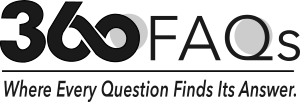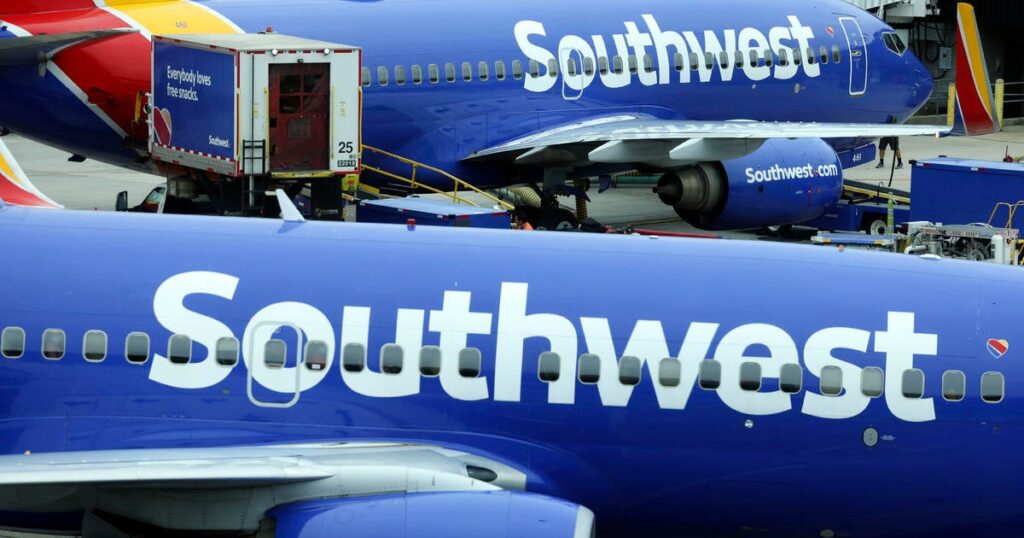Imagine planning your summer vacation with the peace of mind that your luggage won’t cost you extra. For years, Southwest Airlines has been the go-to choice for travelers seeking that perk. However, starting May 28, a significant shift is underway. Southwest is ending its iconic “bags fly free” policy for many passengers, marking a new chapter for the airline and potentially reshaping customer loyalty. What does this mean for you, the traveler, and for Southwest’s future?
Changes to Southwest’s Baggage Policy
Starting May 28, only Southwest’s elite Rapid Rewards A-List Preferred members and passengers who book the top-tier Business Select fares will enjoy the benefit of two free checked bags. A-List Members, Southwest-branded credit card holders, and other select customers will be limited to one free checked bag. For everyone else, fees will apply to both the first and second checked bags on flights booked on or after this date.
Impact on Travelers
This change could significantly affect how travelers choose their airline. For those who valued Southwest’s free baggage policy, this shift might prompt a reevaluation of their travel plans. The cost of checked bags has not yet been announced, but it’s expected to align with fees from other airlines.
Expert Opinions and Customer Reactions
Airline industry analyst Henry Harteveldt from Atmosphere Research Group expressed strong concerns about the impact of these changes. He told CBS News senior transportation correspondent Kris Van Cleave, “This is how you destroy a brand. This is how you destroy customer preference. This is how you destroy loyalty. And this, I think, is going to send Southwest into a financial tailspin.”
Just last September, Southwest CEO Bob Jordan had assured travelers that “Bags will still fly free.” He emphasized the policy’s importance, noting that 97% of customers were aware of it. However, when pressed on whether bags would always fly free, Jordan acknowledged the possibility of future changes, saying, “Well, never say never.”
Customer Loyalty at Risk
Harteveldt highlighted the potential fallout, stating, “When 97% of your customers say they fly you because of your ‘bags fly free’ policy and you make dramatic changes to it, you are telling almost all of your customers, ‘Your business doesn’t matter to us anymore.’ We are watching an airline self-destruct.”
Financial Pressures and Strategic Shifts
Southwest’s decision to end its free checked bags policy comes amid mounting financial pressure. As the nation’s fourth-largest airline, Southwest has faced challenges in keeping pace with changing customer preferences post-pandemic. The airline has already announced its first-ever layoffs, launched its first redeye flights, and plans to end its long-running open seating policy next year. Instead, Southwest will offer seat assignments and sell extra legroom seats for an additional fee.
Rapid Rewards Program Changes
Additionally, Southwest announced changes to its Rapid Rewards frequent flyer program. The airline will increase the points earned for booking higher-priced Business Select fares while reducing points for less expensive “Wanna Get Away” and “Wanna Get Away Plus” fares. Southwest will also implement dynamic or variable pricing for points redemption across higher- and lower-demand flights.
Introduction of Basic Economy
Starting May 28, Southwest will introduce a heavily discounted basic economy fare class. This new offering will guarantee a seat on a plane but may come with restrictions similar to other carriers’ basic economy options. CEO Bob Jordan stated in a video that these changes “will help us return to the levels of profitability we all expect, and to support our collective long-term success. It’s also about adapting to what our customers want.”
Post-Covid Travel Trends
Jordan noted that many things have changed post-Covid, including a loss of short-haul demand, a rise in premium demand, and shifts in customer preferences. He emphasized that the goal is to secure Southwest’s future, stating, “We are more than the logo on our planes. Our DNA isn’t open seating, or even bags fly free. It’s a dedication to service.”
Competitive Landscape
Harteveldt sees potential in Southwest’s introduction of basic economy fares. He believes that “More choice is always a good thing. More low fares are always a good thing. And Southwest is large enough that if they use their basic economy fares in the right way, and I believe they will, they may force other airlines to be more aggressive in their pricing.”
Southwest is the last major U.S. airline to offer a basic economy product, which other carriers launched to compete with ultra-low-cost airlines like Frontier and Spirit. Basic economy tickets often come without an advance seat assignment, tend to be in the last boarding group, and may limit the number or size of carry-on luggage. Checked bags and other perks come with a cost, and this has proven successful for airlines like United, which reported a 20% jump in basic economy revenue last year.
Southwest’s Commitment to Core Values
Despite these significant changes, Southwest Airlines remains committed to its core tenets. The carrier emphasized in a statement, “Southwest Airlines remains committed to its core tenets — amazing people who deliver great hospitality to all Southwest customers, a strong network with the most nonstop flights within the U.S., and a loyalty program that gives real value to Rapid Rewards Members.”
The Future of Southwest
However, Harteveldt expressed concerns about the long-term impact of these changes. He believes that “This change is just so unlike Southwest. And it really is something that I worry could be far more financially damaging to the airline than helpful.”
Navigating the New Southwest
As Southwest Airlines navigates this new era, travelers will need to adjust their expectations and possibly their travel plans. The end of the free checked bags policy marks a significant departure from the airline’s long-standing commitment to customer convenience. For those who have relied on this perk, the change may prompt a search for alternative airlines that still offer similar benefits.
However, Southwest’s introduction of new fare classes and changes to its loyalty program could appeal to a different segment of travelers. Those seeking lower fares or more flexible travel options might find the new basic economy fare class an attractive choice. Additionally, the changes to the Rapid Rewards program could incentivize travelers to opt for higher-priced fares to earn more points.
Strategic Implications
From a strategic standpoint, Southwest’s moves are aimed at improving financial performance in the face of post-pandemic challenges. The airline’s decision to end free checked bags, introduce basic economy fares, and adjust its loyalty program reflects a broader industry trend toward more flexible and tiered pricing models.
These changes also signal Southwest’s willingness to adapt to evolving customer preferences. While the airline has historically prided itself on simplicity and consistency, the new policies suggest a shift toward a more complex fare structure. This could help Southwest compete more effectively with other carriers, especially in a market where travelers are increasingly seeking personalized travel experiences.
Customer Sentiment
Customer reactions to these changes will be crucial for Southwest’s future. While some may appreciate the new options and lower fares, others may feel betrayed by the loss of the free checked bags policy. Southwest will need to carefully manage customer sentiment and communicate the benefits of its new offerings to maintain loyalty.
The airline’s commitment to service and hospitality will be more important than ever. By emphasizing these core values, Southwest can reassure customers that, despite the changes, the airline remains dedicated to providing a positive travel experience.
Looking Ahead
As Southwest Airlines moves forward, it will be interesting to see how these changes impact its market position and customer base. The airline’s ability to adapt to new travel trends while maintaining its core identity will be key to its success.
For travelers, the end of the free checked bags policy is a reminder of the ever-changing nature of the airline industry. As airlines continue to evolve, it’s essential for travelers to stay informed and flexible in their travel choices. Whether these changes will ultimately benefit Southwest or lead to a loss of customer loyalty remains to be seen. However, one thing is clear: the airline is embarking on a new journey, and travelers will need to buckle up for the ride.
Source: www.cbsnews.com

